Table of Contents
The idea of self-hosting has gained significant popularity recently, with many users eager to control their own data and services. However, starting this journey can be confusing without guidance. At Squaredtech, we understand the challenge of choosing the right apps to self-host, especially when the options seem endless. To help beginners avoid getting overwhelmed, we highlight seven essential, open-source self-hosted apps that serve as the best foundation for anyone new to self-hosting.
Why Choosing the Right Apps Matters in Self-Hosting
Self-hosting means running software on servers you control instead of relying on third-party cloud providers. While it offers greater privacy and customization, it also requires effort to set up and maintain. Many new self-hosters dive into container platforms like Docker but quickly feel lost amid complex commands and file configurations. The truth is, self-hosting isn’t about hosting every app imaginable but about selecting the right tools that solve real problems effectively.
Years ago, I faced this dilemma myself: Should I focus on building a private cloud? Media library? Smart home hub? Amid endless forum discussions and tutorials, the choices blurred, and I questioned which apps were essential and which were just noise. Over time, I identified certain apps that consistently provide real value for novices and veterans alike. At Squaredtech, these apps form our go-to recommendations for anyone starting on the self-hosting path.
Read More About Our Article of 9 Open Source Operating Systems That Aren’t Linux (But Still Work Today) Published on June 8th, 2025 SquaredTech
Essential Self-Hosted Apps to Start Your Journey
Portainer: Simplify Docker Management
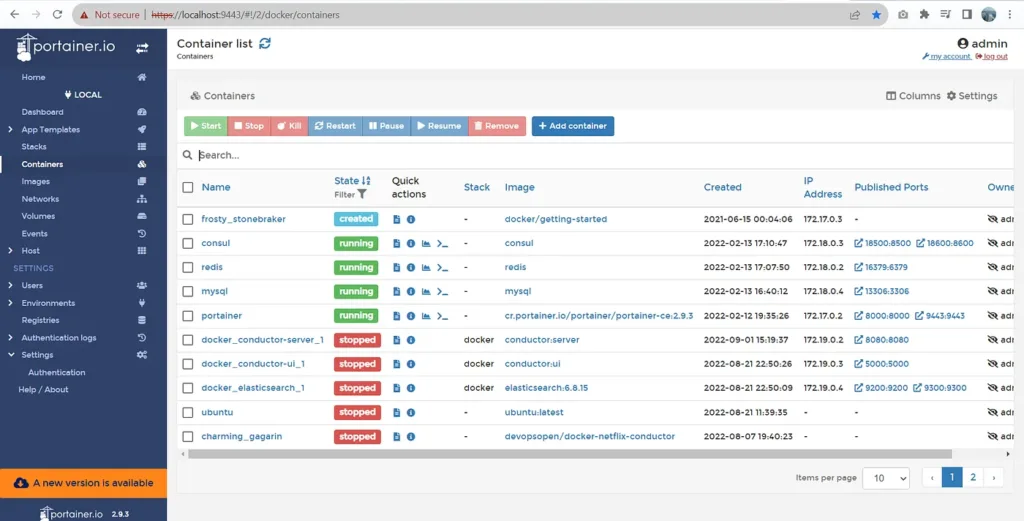
Docker containers are vital in self-hosting, packaging applications and dependencies into manageable units. However, Docker’s command-line interface and configuration files can be intimidating for new users. Many give up when faced with YAML files and cryptic commands, doubting if their self-hosting goals are achievable.
Portainer changes this. It is a self-hosted graphical dashboard sitting on top of Docker that turns complex container management into a straightforward, click-driven experience. With Portainer, you can easily pull container images, launch and manage apps, and monitor container health through an intuitive web interface. No longer do you need to memorize commands or sift through logs—simply use Portainer’s interface to deploy or reset apps with a few clicks.
At Squaredtech, we consider Portainer an essential first step because it removes much of the initial friction, allowing you to focus on experimenting with other self-hosted apps without getting stuck on setup details.
Nextcloud: Your Private Cloud Replacement
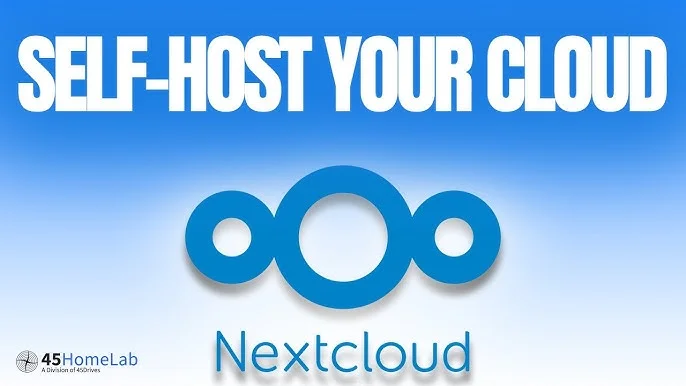
Many people start self-hosting to reduce dependence on large tech firms like Google, especially for file storage and sharing. Nextcloud is one of the most mature and feature-rich self-hosted alternatives to Google Drive or Dropbox. Simply put, it provides personal cloud services from your own server.
Beyond file sync and sharing, Nextcloud offers calendar management, collaborative document editing, and optional email hosting. Many users prefer to combine Nextcloud’s file sync with cloud-hosted email for reliability and ease. Squaredtech values Nextcloud mainly for its file sync features that keep files synced across devices—computers, phones, and NAS storage—and facilitate easy sharing.
While Nextcloud requires a capable server due to its resource needs, it delivers a powerful, private cloud experience with minimal ongoing fuss once set up. It provides peace of mind by managing your data independently without sacrificing Google Drive’s convenience.
Home Assistant: Centralize Your Smart Home
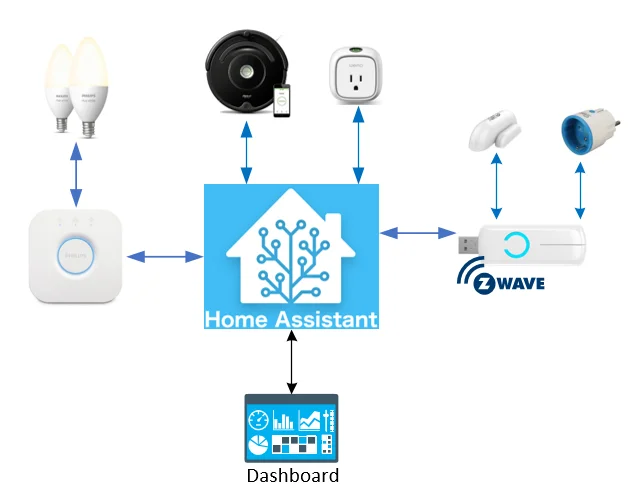
Smart device ecosystems often force users to juggle multiple apps and cloud platforms, risking privacy and adding complexity. Home Assistant addresses this by serving as a local control center that links devices across brands and protocols.
Home Assistant enables seamless automation and communication between smart lights, plugs, sensors, thermostats, and more. For example, Squaredtech users have created automations where lights dim automatically when playing media, motion sensors adjust night lighting, and appliances respond based on occupancy or time. These integrations deliver a user-friendly, centralized smart home experience while keeping your data local.
Home Assistant is unique because it offers total control and customization without cloud dependency, making it our top recommendation for smart home self-hosting.
Jellyfin: Build Your Own Media Streaming Service
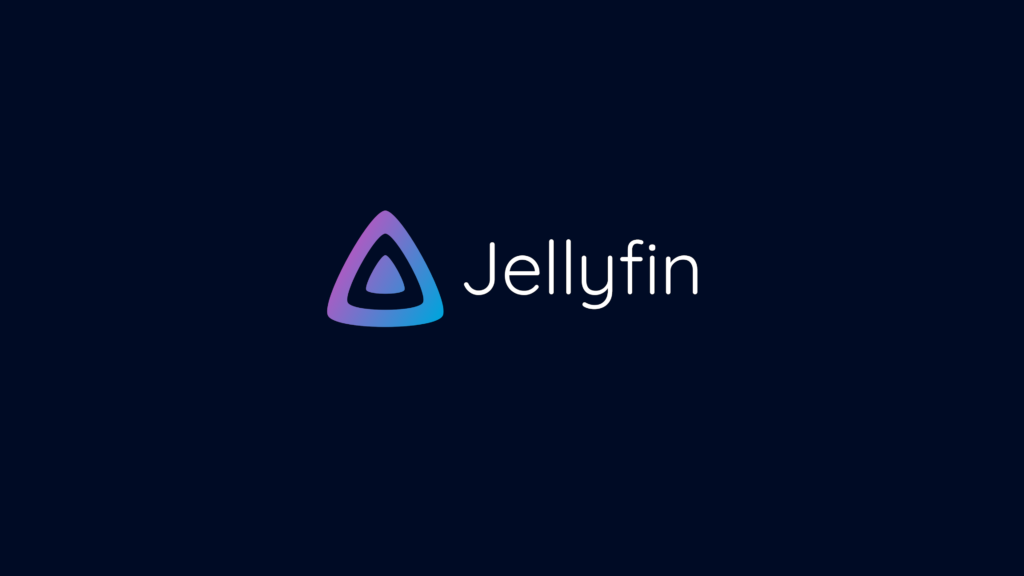
Streaming platforms offer convenience but temporary access at a recurring cost without actual ownership of content. Jellyfin is a fully open-source media server that organizes and streams your movies, TV shows, and music on your terms.
Unlike Plex, which limits features behind a subscription, Jellyfin provides free, uninterrupted access with no ads or account requirements. Squaredtech users appreciate how Jellyfin automatically sorts media collections, adds artwork, and streams to multiple devices including smart TVs and phones.
If keeping a personal Netflix-style library appeals to you, Jellyfin simplifies building and managing it without the restrictions and costs of commercial streaming.
Navidrome: Stream Your Own Music Library
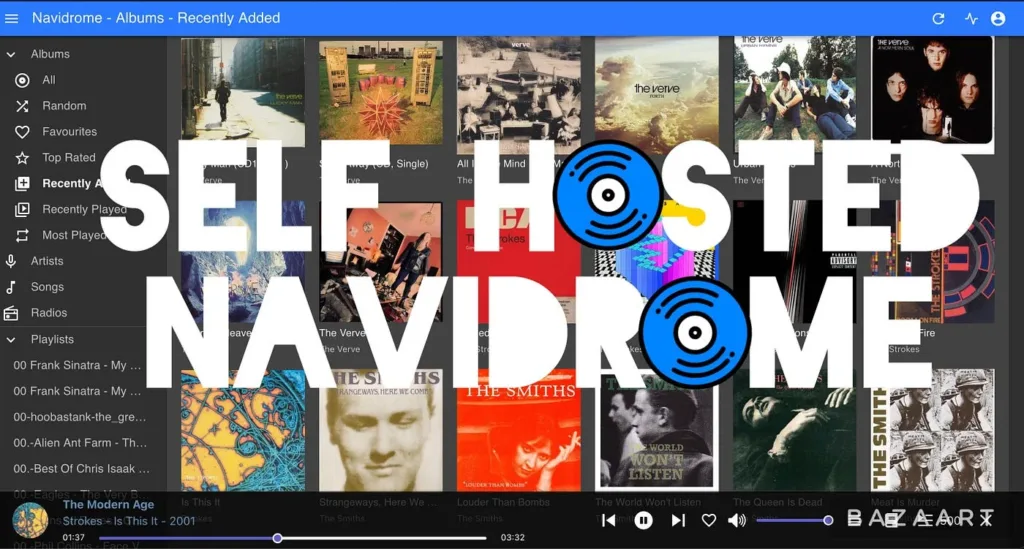
Music lovers often collect digital tracks beyond what mainstream streaming services offer, but finding software to manage and stream personal music collections across devices can be challenging. Navidrome is a self-hosted music server offering a modern interface with playlists, album art, and metadata retrieval.
Squaredtech recommends Navidrome for those who want full control of their music libraries with the convenience of streaming apps. It effectively becomes a personal Spotify, handling formats and artists your favorite streaming platform might not provide.
Paperless-NGX: Organize Digital Documents Efficiently
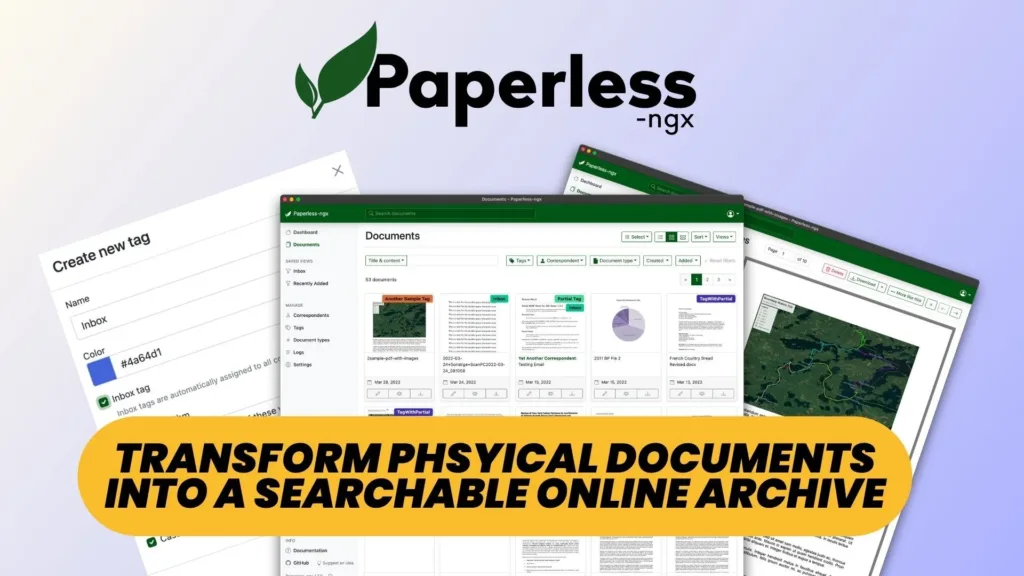
Self-hosted apps often focus on media, but they can also simplify everyday tasks like document management. Paperless-NGX is a system for digitizing, indexing, and searching paperwork such as bills, receipts, invoices, and forms using optical character recognition.
This app turns piles of mixed papers into a searchable and organized digital archive. For professionals and individuals managing invoices or reimbursements, Paperless-NGX saves time and effort. Squaredtech highlights it as one of the most practical tools for bringing order to physical document clutter.
Immich: Host and Manage Your Photos Privately
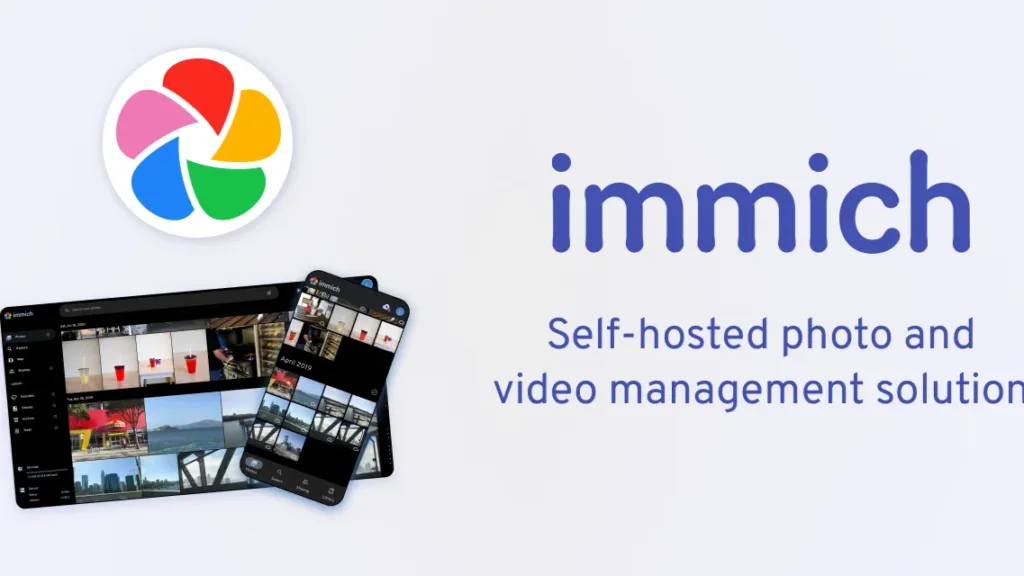
Photo management is difficult due to the volume and variety of images from smartphones and cameras. Immich is a newer self-hosted app designed as an alternative to Google Photos, combining ease of use with powerful features like face recognition and location tagging through local AI.
Squaredtech endorses Immich for users who want privacy and control over their photos without sacrificing advanced organization and search capabilities present in commercial photo services.
Managing Your Growing Self-Hosting Setup
As you add more self-hosted apps, remembering each app’s address and port number can become a hassle. Dockpeek solves this practical problem by providing a simple dashboard listing all your Docker containers with clickable links for quick access. It also shows which containers need updates.
Squaredtech recommends Dockpeek as a lightweight launcher tool that keeps your self-hosted environment accessible and well-managed, helping you avoid confusion and keep everything running smoothly.
Getting Started: Take It One Step at a Time
The best advice from Squaredtech is to start small and choose one problem to solve at a time. There are many open-source self-hosted apps available, which can cause decision fatigue. Focusing on one useful app allows you to explore options, learn fundamentals, and build confidence without overwhelm.
Read More About Our Article of 15 Best Open Source Android Games You Need to Play Right Now Published on July 7th, 2025 SquaredTech
Portainer makes it easier to install and manage apps like Nextcloud, Home Assistant, or Jellyfin. Select apps that solve real needs, such as file syncing, smart home automation, or media streaming, to justify the effort and keep your setup purposeful.
Self-hosting offers freedom but requires a clear starting point. The seven apps above represent some of the best entryways to a functional, private digital ecosystem controlled entirely by you.
Squaredtech is committed to guiding readers through these choices with practical, user-friendly recommendations to empower your self-hosting journey from day one.
Stay Updated: Mobile


